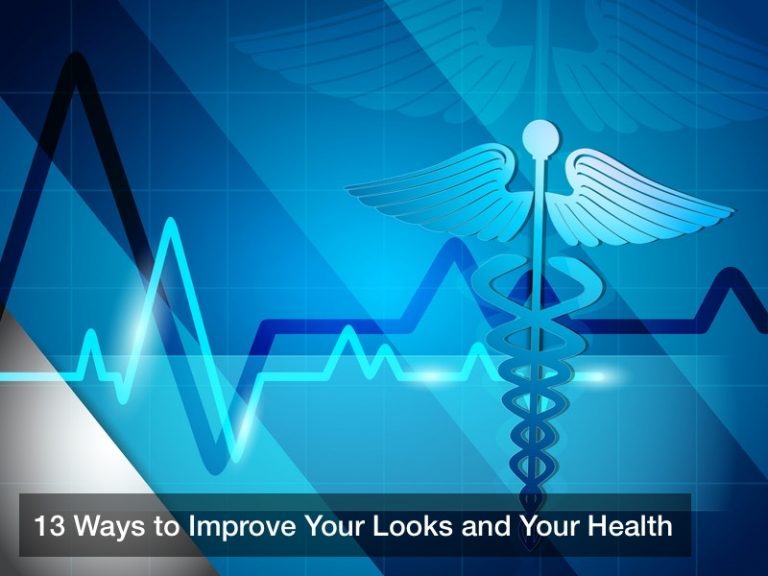
 There are more than 60,000 different compounds produced in large quantities for industrial and agricultural use in the U.S., none of which require safety testing. Our environment is full of toxins that affect our water, food supply, and atmosphere.
There are more than 60,000 different compounds produced in large quantities for industrial and agricultural use in the U.S., none of which require safety testing. Our environment is full of toxins that affect our water, food supply, and atmosphere.
The first multivitamin/mineral (MVM) supplements were introduced into the U.S. market in the early 1940s, Americans have been taking them ever since. These minerals and multivitamins are still popular dietary supplements with more than one-third of all Americans taking them regularly. The reasons Americans take these supplements are numerous. Some take supplements for digestion, some take antioxidant supplements, breast health supplements, hormone balance supplements and supplements to boost metabolism. Men who work in certain industries take metal detox supplements and prostate health supplements.
Multivitamins and minerals account for nearly 1/6 of all purchases of dietary supplements and 40% of all sales of vitamin and mineral supplements. Multivitamin and mineral supplements are recommended by doctors and health experts for every age group on the planet. Partially and exclusively breastfed infants receive supplements of 400 IU/day of vitamin D shortly after birth and continue to receive these supplements until they are weaned. This is a result of recommendations from The American Academy of Pediatrics. Adolescents should get 1,300 milligrams of calcium a day recommended by The Institute of Medicine, part of the National Academy of Sciences. The Institute of Medicine recommends that adults eat a minimum of 0.8 grams of protein for every kilogram of body weight daily. That is about 58 grams for a 160-pound adult.
An increasing number of the American population is becoming vegan. In fact, 10% of U.S., adults, or 22.8 million people, say they largely follow a vegetarian-inclined diet. For those that eat heavy meals including hard to digest meat, digestive health supplements have become essential. Supplements for digestion include enzymes that break down the food and makes it easier to travel through the body. These digestive enzyme supplements reduce the need for antacids and lessen the occurrence of ulcers and stomach cancers. They aid in the digestion of protein, starch, lactose, and fats.
Scientific solutions for cellular health are considered amongst the best way to avoid chronic diseases and cancer. Supplements boost the immune system and help the body fight off toxins in the air, food, and water that we intake every day. About two-thirds of American adults take at least one dietary supplement, most often multivitamin and mineral pills. After having a blood test, many physicians recommend Vitamin D or E as well others if their numbers are low.
Many people have sensitivities to certain foods and supplements for digestion can be very beneficial for them.




